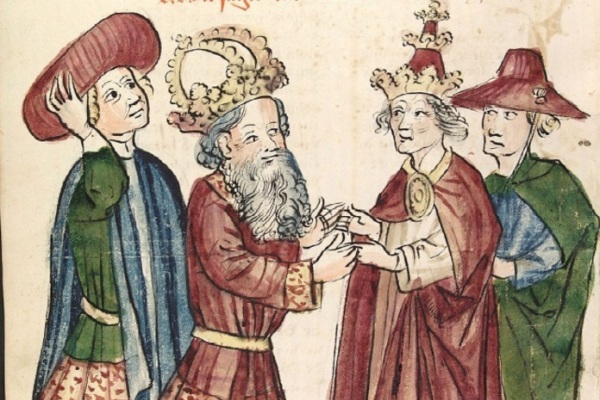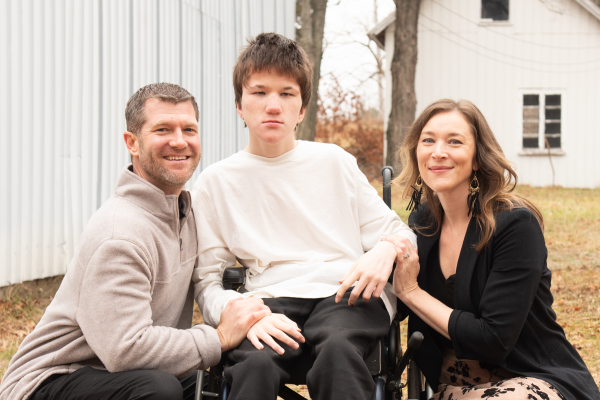Christian Leaders Seek Interfaith Cooperation for Peace Efforts
More than 300 leaders and members of various faith communities are proclaiming a message of peace and reconciliation and calling all churches across denominations to also take the message to the world.
"Radical peacemaking is usually associated with one segment of the Christian community: the Historic Peace Churches," the Rev. Dr. Michael Kinnamon, general secretary of the National Council of Churches, said earlier this week. "What I am stressing, however, is that radical, costly, insistent peacemaking is not simply your witness. Peace is the message of the church ecumenical!"
Kinnamon was making his address at the "Heeding God's Call: A Gathering on Peace" meeting in Philadelphia. The Jan. 13-17 meeting, convened by the Historic Peace Churches – the Religious Society of Friends, the Church of the Brethren and the Mennonite Church – has brought together an ecumenical group representing more than 15 faith communities with the aim of strengthening their witness.
The church leaders have recognized and stressed the critical role of ecumenism, or religious unity, in peace efforts.
"I want to emphasize one point: the ecumenical movement, of which the National Council of Churches is an instrument, is most essentially a movement of peace," Kinnamon stated. "Part of the point is sociological: Christian divisions (which ecumenism seeks to overcome) often exacerbate political conflicts and hinder effective peacemaking. War is too massive an evil to be responded to denominationally."
The meeting comes as violence is rampant in Gaza, Afghanistan, Congo, Somalia, Darfur, Pakistan and Sri Lanka, as Kinnamon noted.
Members of the Historic Peace Churches are calling people of faith to seek nonviolent ways to confront the violence, terrorism and fear prevailing in many countries. They are not only inviting believers from the various Christian denominations but also representatives of the Jewish and Muslim faiths to join the efforts for peace.
"We are deeply aware that the most effective work for peace will ultimately require interfaith vision, effort and cooperation," a statement from the meeting's website says.
As has been stated in past ecumenical conferences, Kinnamon repeated at this week's meeting, "War is contrary to the will of God."
"It is true that many Christians still see war as a last resort," he continued. "But there is now broad agreement that war is 'inherently evil' (World Council of Churches) – which means that Christians should never identify human violence with God's purposes. Contrary to political leaders and Hollywood movies, it is never redemptive."
Asking Christians to set aside their fears – fears within the peace churches that unity would weaken their peace message or fears among Christians seeking unity that a message of peacemaking would prove divisive – Kinnamon challenged believers to be "ambassadors of reconciliation by the way we live with one another."






















